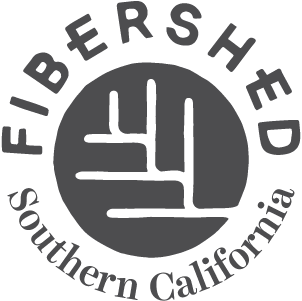The below is quoted from Zocalo; the text of the full article is available via the button below.
I am a professor at UCLA’s Institute of the Environment and Sustainability with several decades of research on California land use, water, energy and the question of sustainability and climate change. I’ve done research with biologists, hydrologists, engineers, climate scientists and public health experts looking at environment and sustainability, environmental justice, policy and politics, and conducted a great deal of quantitative research on water resources. I am also a native Californian, in love with the state.
Thinking about the state’s future and its magnificent resources and agricultural productivity, the fact that much of agriculture today is intertwined with dependence on hydrocarbons—from fertilizers, fumigants and pesticides to diesel and plastics—poses a predicament. These don’t just override the natural conditions, but damage them, seriously. This means that continuing to grow crops and rear livestock using highly consumptive 20th-century methods in a leaner, dryer 21st century will compound ecological crises and implode the agricultural sector. It’s inescapable that in order for California agriculture to survive, and even flourish, with less water and fewer hydrocarbons, we need nothing short of a revolutionary re-envisioning of the future without carbon.
The politics of this change will be enormously contentious, difficult, and protracted. But consider the alternative: The path of agriculture today is toward extinction. A changing climate is here, and water is not something that can be manufactured. With more dry years, and more groundwater extraction, the path toward groundwater depletion is clear. That’s why though what I propose below may seem fanciful and impossible, I offer them as thought pieces, as sketches of a possible future that provides livelihoods and sustenance, a future that the current trajectory cannot deliver.
STEPHANIE PINCETL is a professor at the UCLA Institute of the Environment and Sustainability and founding director of the California Center for Sustainable Communities at UCLA.
This essay is part of a project supported by The California Wellness Foundation exploring health equity in California’s rural communities.

